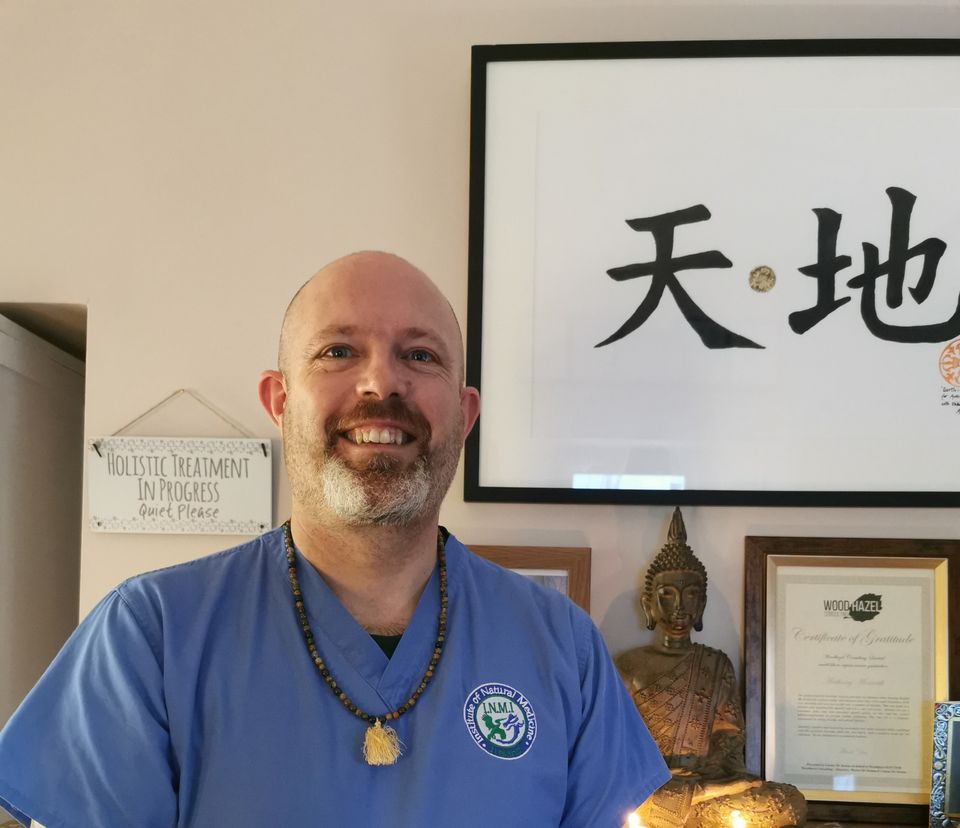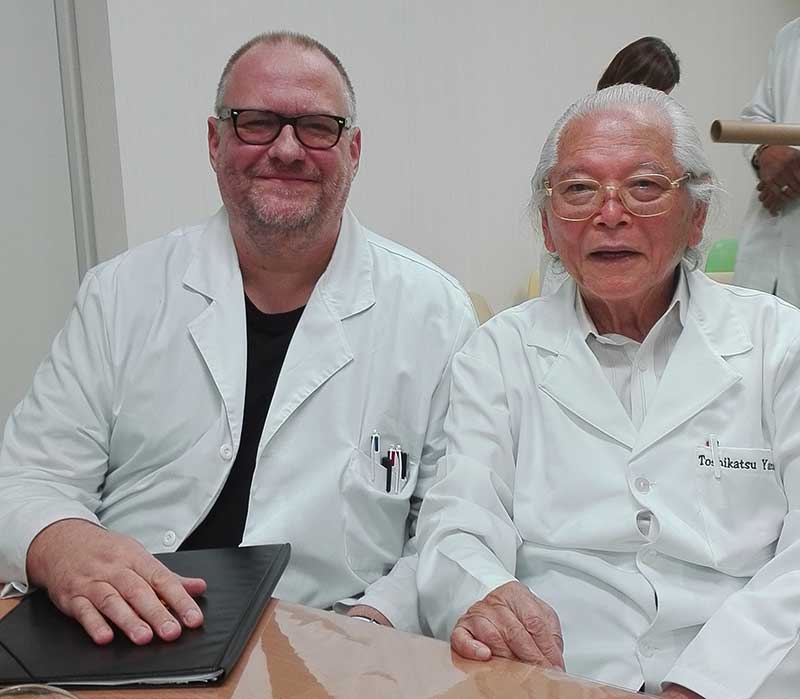Anthony Monteith - Tuina the way of health

Anthony Monteith is a qualified Health Scientist having graduated from Sunderland University with Honours in 1995. For the last 28 years Anthony has become an expert in Physical Therapy, Tuina, Acupuncture, and Qi Gong both as a therapist and as a Teacher.
He has established several busy practices in Dublin, Ireland. He has regularly travelled to China to upgrade his expertise and hold a special interest in preserving classical medicine. Anthony specialises in the treatment of fertility issues combining his knowledge and expertise over several disciplines. Anthony has taught both graduate and undergraduate courses for the last 12 years both Ireland and the UK.
Tui Na Massage is growing in the west rapidly. In Europe it has been around for about 30 years, but has only started to spread rapidly over the last 10 years.
There have been some key innovators in the west and in the UK and Ireland we have the privilege of having these persons as key advocates of this type of therapy.
A lot of Europeans where first exposed to Tuina during the 1990's when there was a huge influx of foreigners learning Acupuncture at the major Hospitals in Beijing, Shanghai and Chengdu where seeking extra funding from external students.
The innovation of this experiences led some of our top European practitioners to see patients come in to the Tuina department poorly and leaving well in the same day, or within the same week. Most western Shiatsu practitioners at that time would have taken them months to treat, the Tui Na department was the most fun to be in as it was growing rapidly and with fast results.
The biggest teachers for these innovators were the patients and with every new patient, and new conditions were helping the practitioner to treat the second patient with a similar condition back home in Europe.
Tui Na regulates all systems especially the endocrine system. It moves blood and Qi. It brings the mind and body together as one, and when these separate then disease starts.
In the West not that many people really understand Tui Na to understand this system you need to receive or practice Tui Na. Physio's, shiatsu, acupuncture, herbalists diagnose disease and can treat disease but they will never understand it unless they solely practice this physical therapy system.
Tui Na for most practitioners of massage find the hands on/physical interaction with the patient potentially more satisfying than sticking needles in people or using herbal medicine. If also you come from a solid martial arts background, it gives you certain advantages/similarities when using Tui Naand therefore a step up in the right direction.
For me there seems to be a natural flow, or continuity from one discipline to the other. Tuina is like having a second martial art. It requires among other things focus, discipline good posture, timing, internal force, relaxation and of course patience. A good martial artist should hopefully bring these qualities to the arena that is Tuina.
Tui Na in general is though as having the special qualities of:
Promoting muscle relaxation and reducing spasm.
Improving posture and flexibility
Preventing as well as treating injury
Increasing Qi/Blood flow
Increasing cellular waste removal
Increasing lymphatic drainage
Promoting mental relaxation
Reducing anxiety
Increasing body awareness
This is achieved using a blend of both Western and Eastern diagnostic tools. It requires an understanding of body mechanics, anatomy, physiology and pathology and Traditional Chinese medicine, culminating in the delivery of techniques and manipulations that are uniquely Tui Na.
Tui Na in China is probably the hardest of the disciplines to crack as a practitioner and subsequently that much more rewarding.
I hate to say it, but it's one of the worlds best kept secrets! This ancient therapy is a great and rewarding experience, regardless of whether you are receiving or giving treatment.
For the practitioner it evolves into an ever more satisfying vocation. Although one can become competent in the techniques in a relatively short period of time, realising one's own potential is in the realm of dedication, passion and time spent in good effort. A life journey well worth catching the right bus for.
Once you have received a general Tui Na treatment, you will be hooked. If I had my way I'd have Tui Na every day. Not just for health reasons, but for pure "feel good" factor.
If you are receiving treatment for a particular condition, then you will be surprised at the speed in which Tui Na promotes recovery.
In certain cases some aspects of the treatment may be uncomfortable, but in traumatising the body in a very controlled way, the bodies natural healing power is triggered into action.
This article was submitted by Anthony Monteith of [http://www.inmi.ie] for more information on Tui Na and Chinese Medicine. Anthony is a Tuina practitioner for 12 years in Ireland and has trained with some of the top masters of Tuina in Europe and China.
Article Source: https://EzineArticles.com/expert/Anthony_Monteith/296080
Article Source: http://EzineArticles.com/6298215


